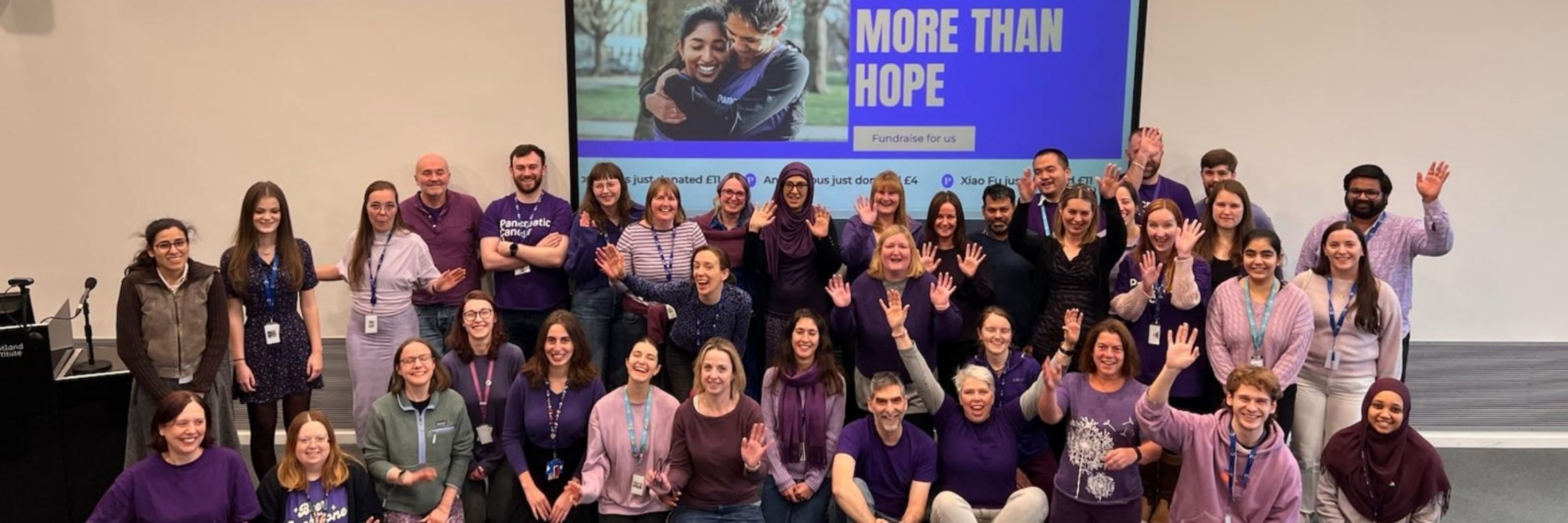
Previously a Research Assistant in Monica Olcina's Lab, Oxford.
🥼Study a novel therapeutic target in #PancreaticCancer relating to the #TumourMicroenvironment
For full details & to apply please visit: www.cruk.manchester.ac.uk/career/mi-25...

🥼Study a novel therapeutic target in #PancreaticCancer relating to the #TumourMicroenvironment
For full details & to apply please visit: www.cruk.manchester.ac.uk/career/mi-25...

We’re hiring a Senior Scientific Officer to join me in @owen_sansom’s lab. Great science and lots of room to make an impact! 👩🏽🔬
📅Apply by 15 August 2025
www.crukscotlandinstitute.ac.uk/careers/
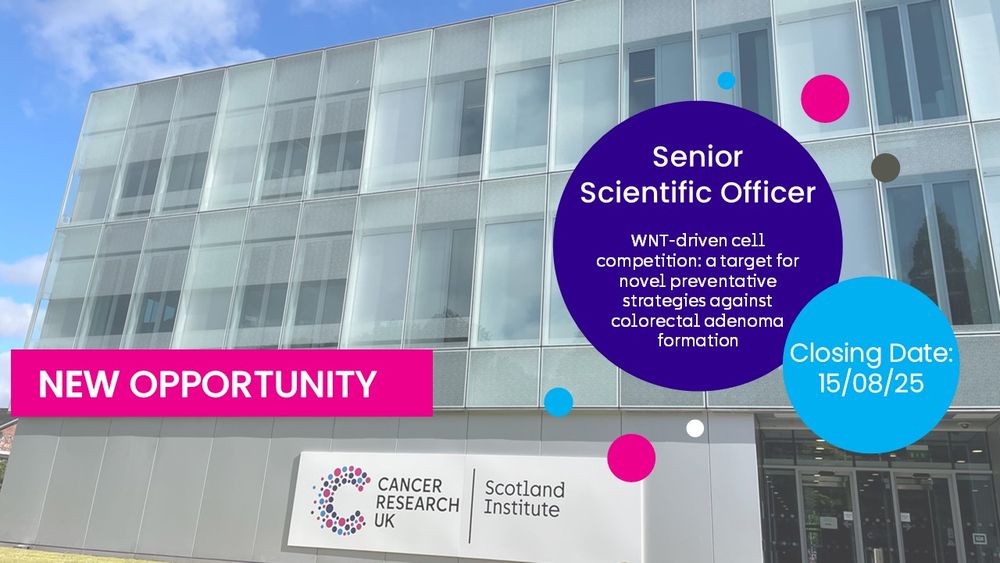
We’re hiring a Senior Scientific Officer to join me in @owen_sansom’s lab. Great science and lots of room to make an impact! 👩🏽🔬


www.nature.com/articles/s41...

www.nature.com/articles/s41...
www.nature.com/articles/s41...
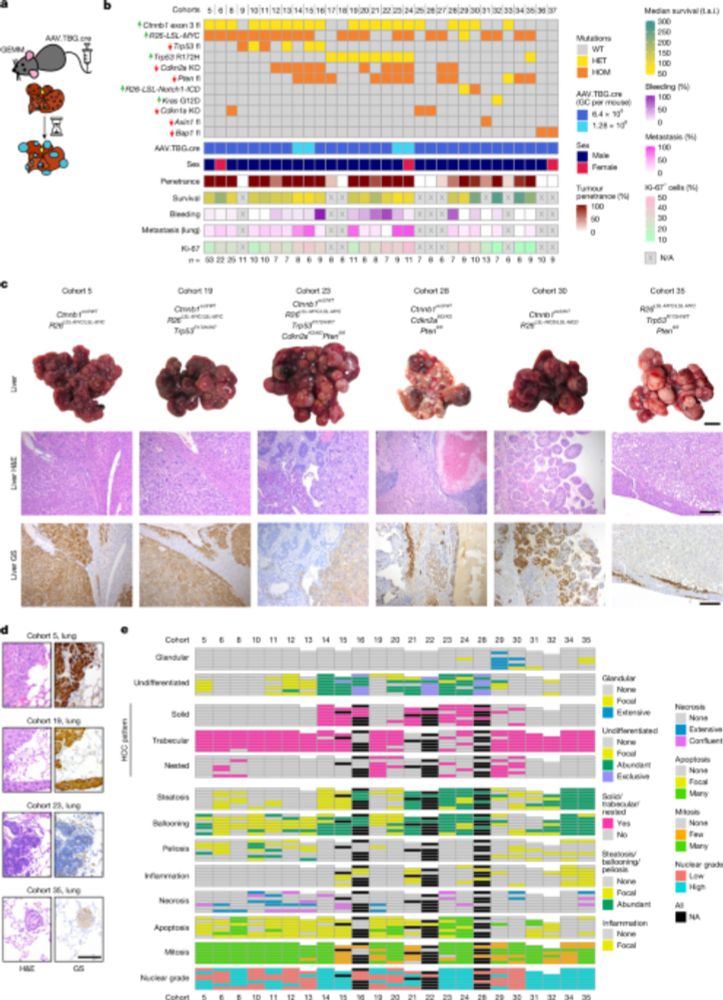
www.nature.com/articles/s41...



Melissa's research focuses on identifying social, biological and environmental determinants of breast and prostate cancer outcomes in patients of African ancestry


Melissa's research focuses on identifying social, biological and environmental determinants of breast and prostate cancer outcomes in patients of African ancestry
📅Register by 21 March: beatsonconference.org
#BICC2025
📅Register by 21 March: beatsonconference.org
#BICC2025
https://go.nature.com/41qNkbs
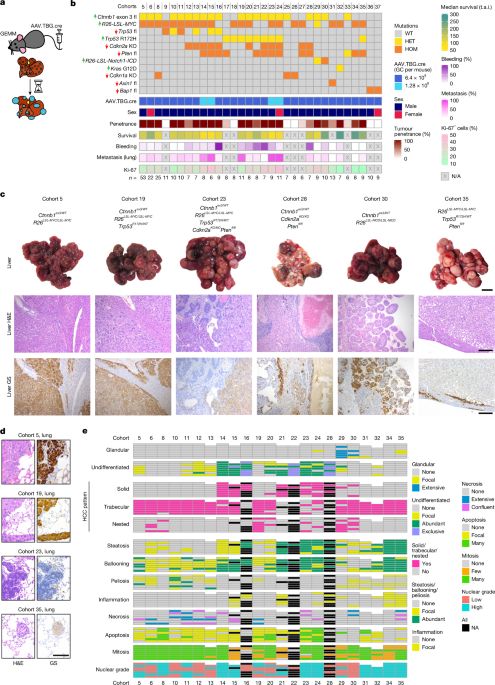
https://go.nature.com/41qNkbs
We have two incredible keynotes lined up that you won't want to miss!
📅27 – 29 May
📍@glasgowscience.bsky.social, UK
Register by 21 March: www.beatsonconference.org/


We have two incredible keynotes lined up that you won't want to miss!
📅27 – 29 May
📍@glasgowscience.bsky.social, UK
Register by 21 March: www.beatsonconference.org/
📅Closing date: 28 February
👉Find out more and apply here: www.crukscotlandinstitute.ac.uk/careers

📅Closing date: 28 February
👉Find out more and apply here: www.crukscotlandinstitute.ac.uk/careers
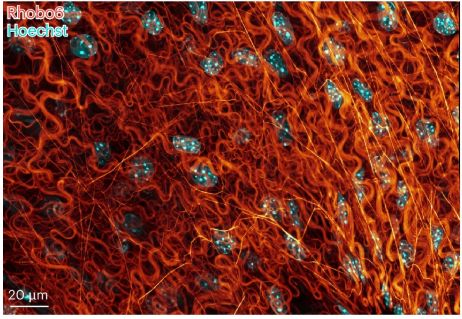
Come along on the 20th Feb from 11am!
Sign up below!
www.eventbrite.com/e/eric-aboag...

Come along on the 20th Feb from 11am!
Sign up below!
www.eventbrite.com/e/eric-aboag...
Celebrating 30 years of events, join us for 3 days of inspiring talks, posters and networking focusing on Data Science
www.beatsonconference.org

Celebrating 30 years of events, join us for 3 days of inspiring talks, posters and networking focusing on Data Science
www.beatsonconference.org
🏆Our first recipient will be Prof Melissa B Davis in recognition of her exceptional work in cancer research particularly investigating breast cancer inequality and its impact in marginalised groups.

🏆Our first recipient will be Prof Melissa B Davis in recognition of her exceptional work in cancer research particularly investigating breast cancer inequality and its impact in marginalised groups.
📅Closing date: 7 February 2025
www.crukscotlandinstitute.ac.uk/careers/comp...
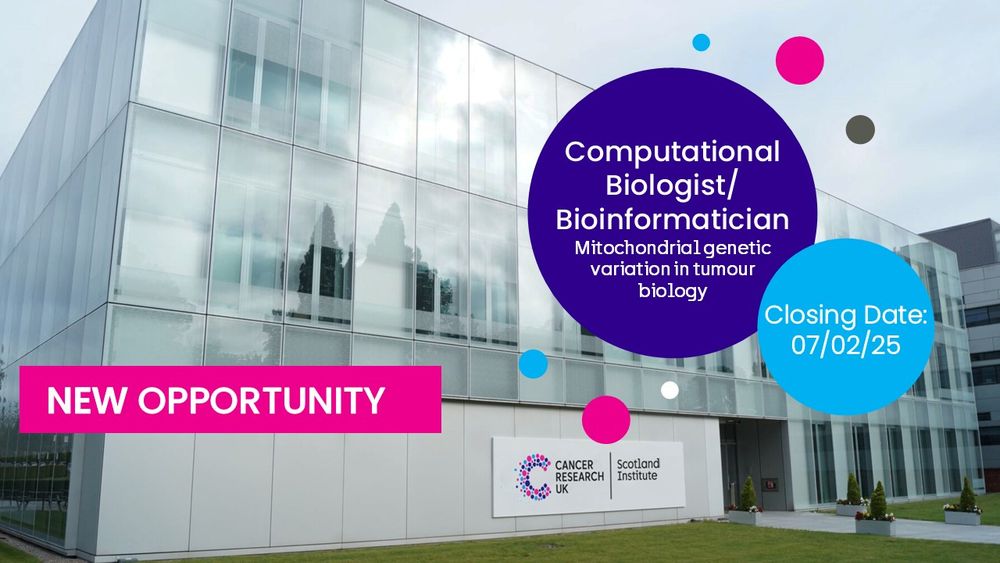
📅Closing date: 7 February 2025
www.crukscotlandinstitute.ac.uk/careers/comp...

www.cell.com/cell/fulltex...
www.cell.com/cell/fulltex...

www.cell.com/cell/fulltex...
www.cell.com/cell/fulltex...

65 of 150. Room for 85 more on this 1st starter pack.
Who did I miss?
go.bsky.app/FDafAW
65 of 150. Room for 85 more on this 1st starter pack.
Who did I miss?
go.bsky.app/FDafAW


